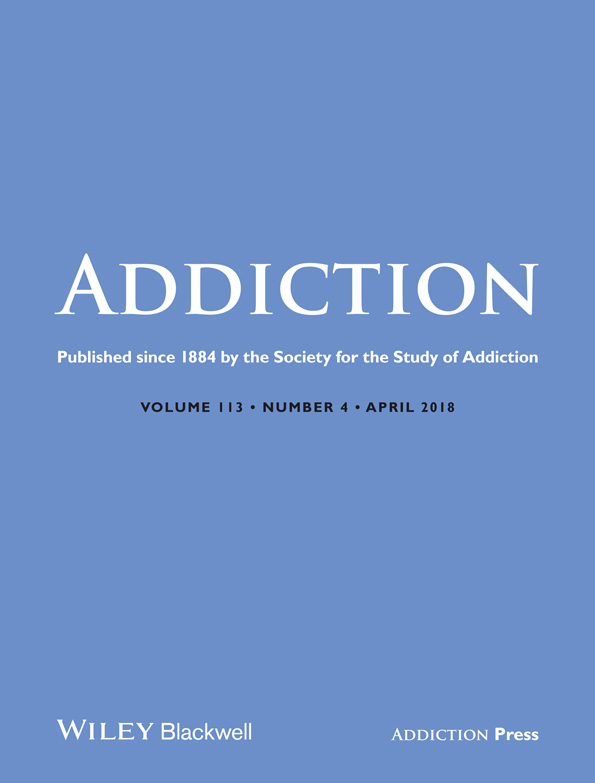Formulating more consistent public health policies towards cannabis and tobacco
Abstract
The United States has not so far adopted the best approach to cannabis legalization, but its example and probable economic consequences may present major challenges for countries that want to enact more public health-orientated cannabis regulation.
We agree with Arnott 1 that strong support for an abstinence agenda among leading tobacco control advocates has been a major barrier to the tobacco control field learning from cannabis policy. These leaders have been understandably resistant to tobacco harm reduction because of their battles with the tobacco cigarette industry in the last half of the 20th century 2. We hope that this situation will improve with a generational change in tobacco control leadership during the coming decade.
We also agree with Hughes 3, Pardo 4 and Rolles 5 that cannabis laws enacted to legalize cannabis in eight US states provide examples of how not to implement a public health-orientated cannabis policy. The policies in these states are the outcomes of citizen-initiated referenda, and a conflict between Federal and State law has encouraged the use of a commercialized model based on alcohol 6. If cannabis legalization were to become national policy in the United States, the constitutional guarantee of commercial freedom of speech will make it even more difficult to restrict the promotion and full commercialization of the cannabis industry.
We are less convinced than Hughes that comprehensive national policies towards alcohol, tobacco and illicit drugs (as in Australia, New Zealand and Portugal) will minimize inconsistent policies towards cannabis and tobacco. Australian policy provides a counter-example: the Federal government allows the ‘medical use’ of cannabis for indications in the absence of evidence of safety and efficacy 7, while simultaneously prohibiting the sale of e-cigarettes containing nicotine 8, because of the lack of the same type of evidence. Several Australian states have also criminalized the possession and use of e-cigarettes that contain nicotine.
We support public health-orientated cannabis policies, such as those implemented in Uruguay and being considered by Canada 9, which will restrict promotional activities and restrain commercialization. While we hope that these will prove more effective public health-orientated regulatory models than the commercialized model in the United States, we see a number of threats to this outcome.
First, the United States exerts substantial soft power via popular culture and cannabis legalization has allowed the emergence of a large and profitable commercial cannabis industry. The industry now has lobbyists in Washington, there is a Congressional Cannabis Caucus and the industry is looking to expand into Canada and promote ‘medical use’ in Europe 10.
Secondly, if cannabis legalization were to become US national policy, a commercial industry may form alliances with the tobacco and alcohol industry to lobby against public health regulation in the United States and elsewhere. A multi-national cannabis industry will also have considerable capacity to advance its interests by advertising the putative benefits of ‘herbal’ cannabis (e.g. by promising to improve ‘wellbeing’, rather than meeting more onerous standards of proof of medical effectiveness) 11. They can also be expected to manufacture doubts about evidence that regular cannabis use can harm users.
Declaration of interests
None.
Acknowledgement
We would like to acknowledge Sarah Yeates for her assistance in preparing this response to the commentaries.




